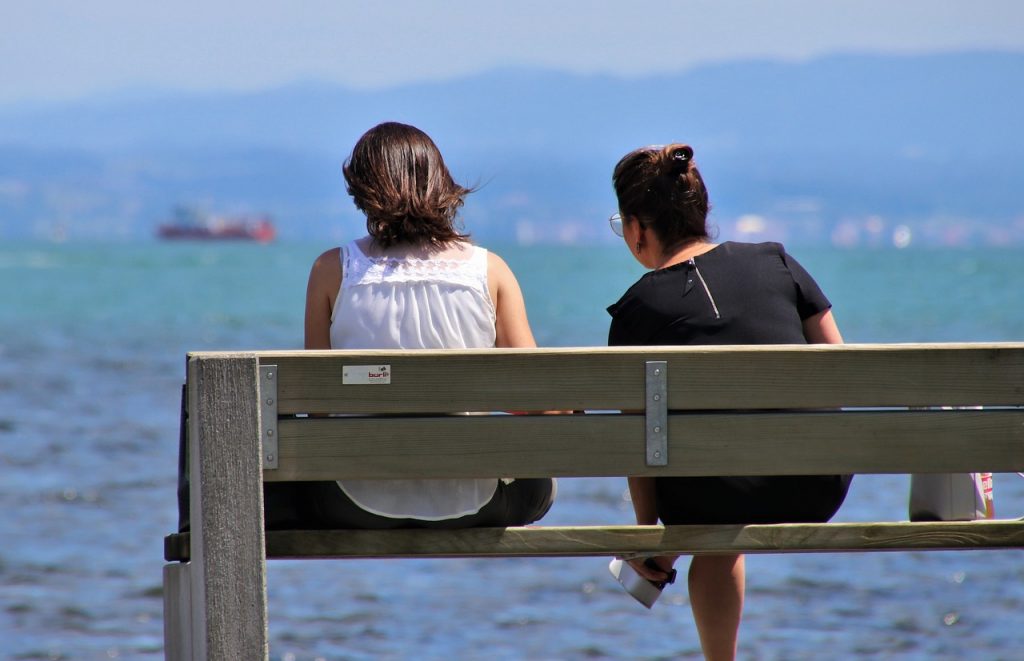13th October 2021 – By Aaruthy Suthahar

Post-menopausal women have lower levels of the female sex hormone oestrogen and appear to be at higher risk of developing serious complications of COVID-19, according to research from the COVID Symptom Study app.
Pre-menopausal women who took the combined oral contraceptive pill were less likely to develop COVID-19 and had a lower rate of admission into hospital. However, this was not the case for post-menopausal women taking hormone replacement therapy (HRT).
On the one hand, the team identified that the use of hormone replacement therapy was linked to an increased rate of predicted COVID-19. On the other hand, the HRT results need be considered with caution due to the lack of information about HRT type, route of administration and duration of treatment.
Over the COVID-19 pandemic, widespread research has detected that adult men of all ages have higher chances of developing serious complications compared with women. In addition, post-menopausal women who contract COVID-19 have been shown to have more severe complications.
The team analysed the link between COVID-19 and its severity in women taking oestrogen in the form of the combined contraceptive pill and in menopausal women undergoing hormone replacement therapy.
The researchers analysed information supplied by hundreds of thousands of women logging their symptoms on the Zoe COVID Symptom Study app between May and June 2020, including members from the TwinsUK cohort. The team also used further health information collected through TwinsUK in their analysis.
Joint first author Dr Karla Lee explained:
“We hypothesised that pre-menopausal women with higher oestrogen levels would have less severe COVID-19 when compared to women of the same age and BMI who had been through the menopause, and our findings supported this. Additionally, when we compared a younger group of women on the combined oral contraceptive pill (COCP) with a similar group not taking the COCP we saw less severe COVID amongst those taking the COCP, suggesting hormones in the COCP may offer some protection against COVID-19. More research is certainly needed to further our knowledge.”
Joint first author Dr Ricardo Costeira said:
“Thanks to women of the COVID Symptom Study app we were able to show, with relatively large numbers, the significance of studying the sex hormone oestrogen in relation to COVID-19. We hope that results from our study can help inform ongoing biomedical research and clinical trials in the field.”
Senior author Dr Jordana Bell said:
“We would like to thank all of the women who participated in the COVID Symptom Study app and our TwinsUK members for their contributions towards this study, and would encourage everyone to keep logging on the app.”






